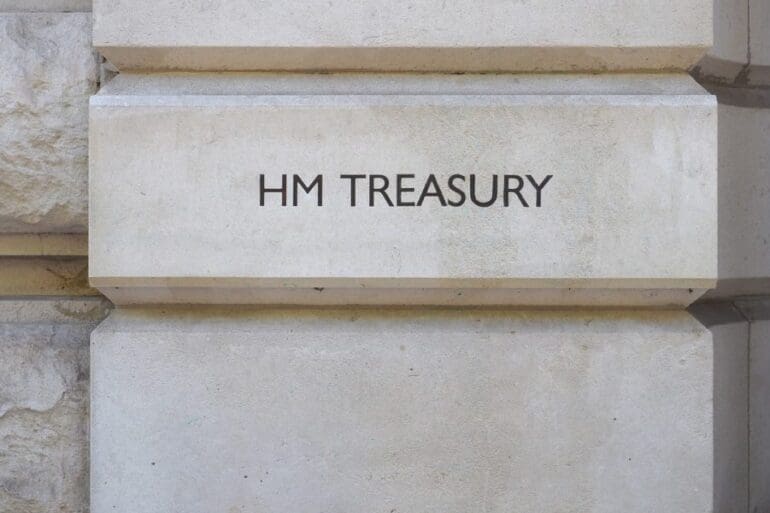One of the more unique offerings by some fintechs in the US is earned wage access; the feature aims to...
The UK fintech sector has shaken off the worries of Brexit to take in the second highest amount of capital from VC’s in 2017; they have overtaken China and only trail the US in terms of VC funding; according to data from Innovate Finance UK fintech investment was up 153 percent in 2017 from the year earlier; 24 per cent went into challenger banks, 21 percent into money transfer and foreign exchange, 17 percent into alternative lending and financing and 11 percent into personal finance/wealth management; VC investment globally reached $14.4bn across 1,824 deals, representing an 18 per cent decrease from 2016. Source.
There is much recognition that blockchain, DLT, and associated technologies are potentially beneficial, with many use cases emerging.
UK based fintech firms helped push technology investment in the UK to all time highs in 2017; fintech firms accounted for almost half of the £3bn invested; leading fintech firms TransferWise, Funding Circle and Monzo helped push the investment number as they all raised significant rounds; Eileen Burbidge, Partner at Passion Capital, tells AltFi, “"It's a testament to our exceptional entrepreneurs that the UK tech sector continues to produce companies that are leading in the development of cutting edge technologies such as artificial intelligence and fintech.” Source.
The U.K. has closed its public buy now, pay later (BNPL) consultation, although the path towards a regulated legal framework is still unclear.
According to research from the Financial Conduct Authority, two-thirds of outstanding lending as of November 2016 was to consumers with credit scores in the top 30%; this shows little difference from two years prior as unsecured consumer lending grew at double-digit rates in 2016 and 2017; however data showed that borrowers are staying in debt longer. Source
The European Investment Fund (EIF) has pumped over $2 billion into venture capital funds and startups in the last four years; with the vote to leave the European Union, venture capitalists in the UK now fear that this important source of funding will disappear as the government looks to officially complete Brexit; the UK is not as fortunate as the US when it comes to endowments that allocate capital to funds, therefore the EIF has filled a much needed role; there currently is no plan to replace the EIF when the UK officially leaves, though lawmakers and lobbyists are looking to see if they can strike a deal to keep the flow of capital coming. Source
The UK Treasury has announced it will allow crowd bonds in innovative finance individual savings accounts (IFISAs); crowd bond investors will invest in bonds of companies through crowdfunded platforms with their investments held in a tax sheltered account facilitated by the crowdfunding platform; the expansion of crowd bonds in IFISAs makes the crowdfunded investments more attractive because of the tax shelter, also providing greater benefits for an investment that's not secured by the government's FSCS protection. Source
First came the gender pay gap, and now all eyes seem to be on the investment gap - and this time it’s bigger (a lot bigger), according to an update from easyMoney. UK’s easyMoney, the investment platform from Sir Stelios Haji-Ioannou’s easy family of brands
Online mortgage broker Trussle is currently in the early stages of talks with the Financial Conduct Authority (FCA) to potentially overhaul the mortgage application process; the plan that Trussle is pitching to the FCA is to help standardize documents needed in a format that they are needed in; Mr. Mahli told FTAdviser: "There's an unnecessary inefficiency in the way mortgage applications are packaged and submitted, which varies wildly from lender to lender. Uncertainty is the last thing a buyer wants when making what's often the biggest financial decision of their life."; currently the FCA will not comment on talks that are in such a nascent stage. Source




